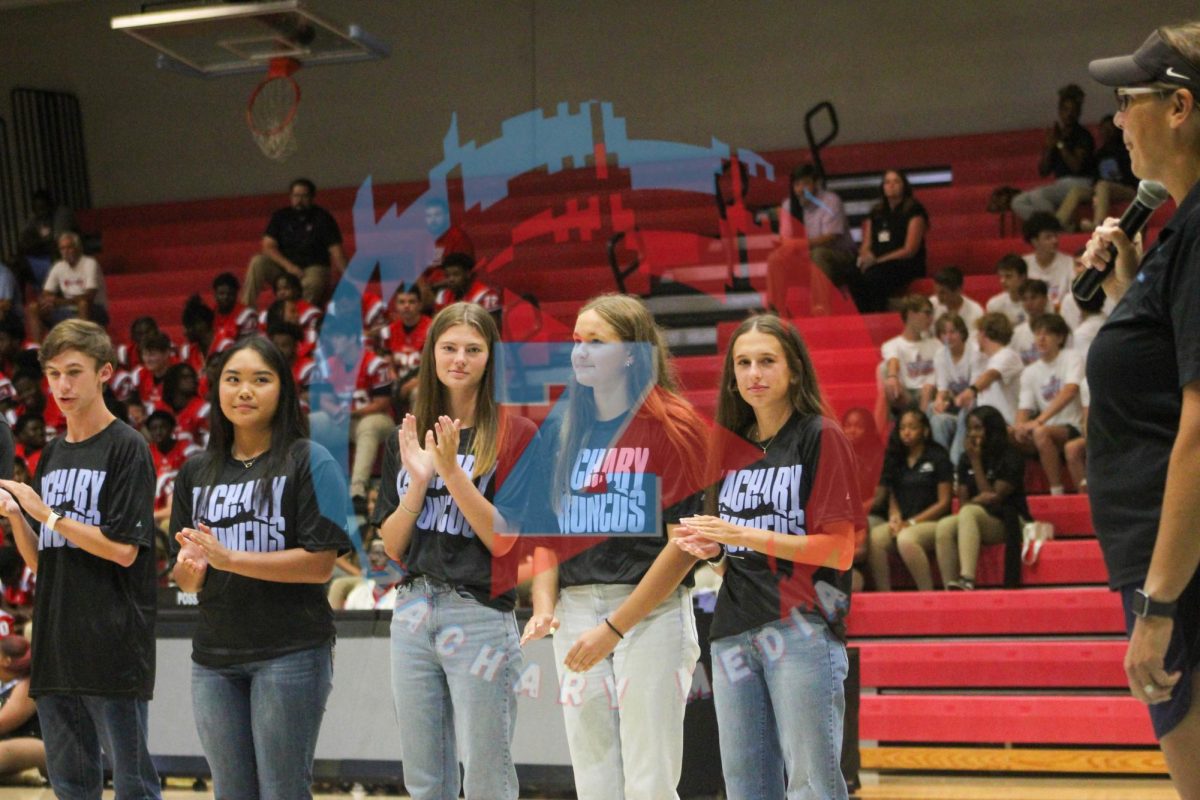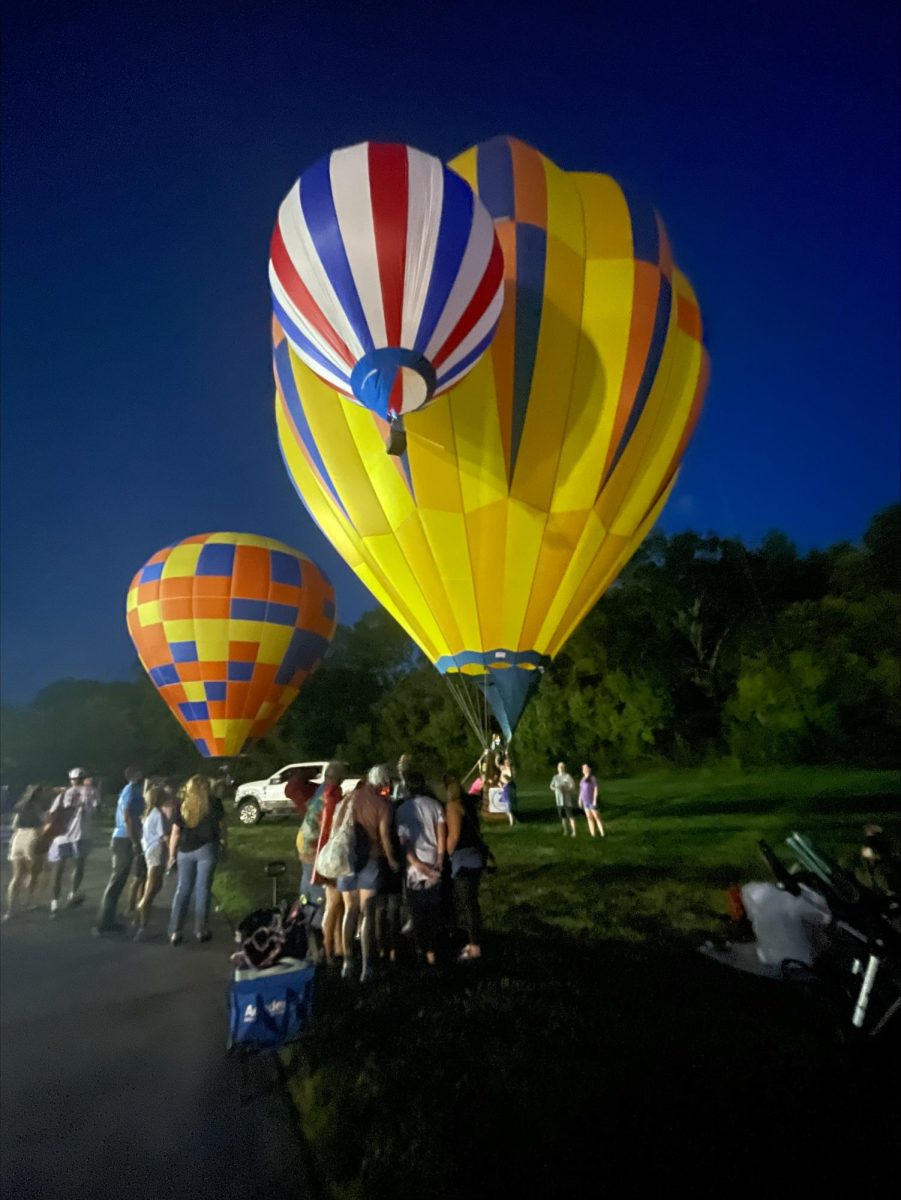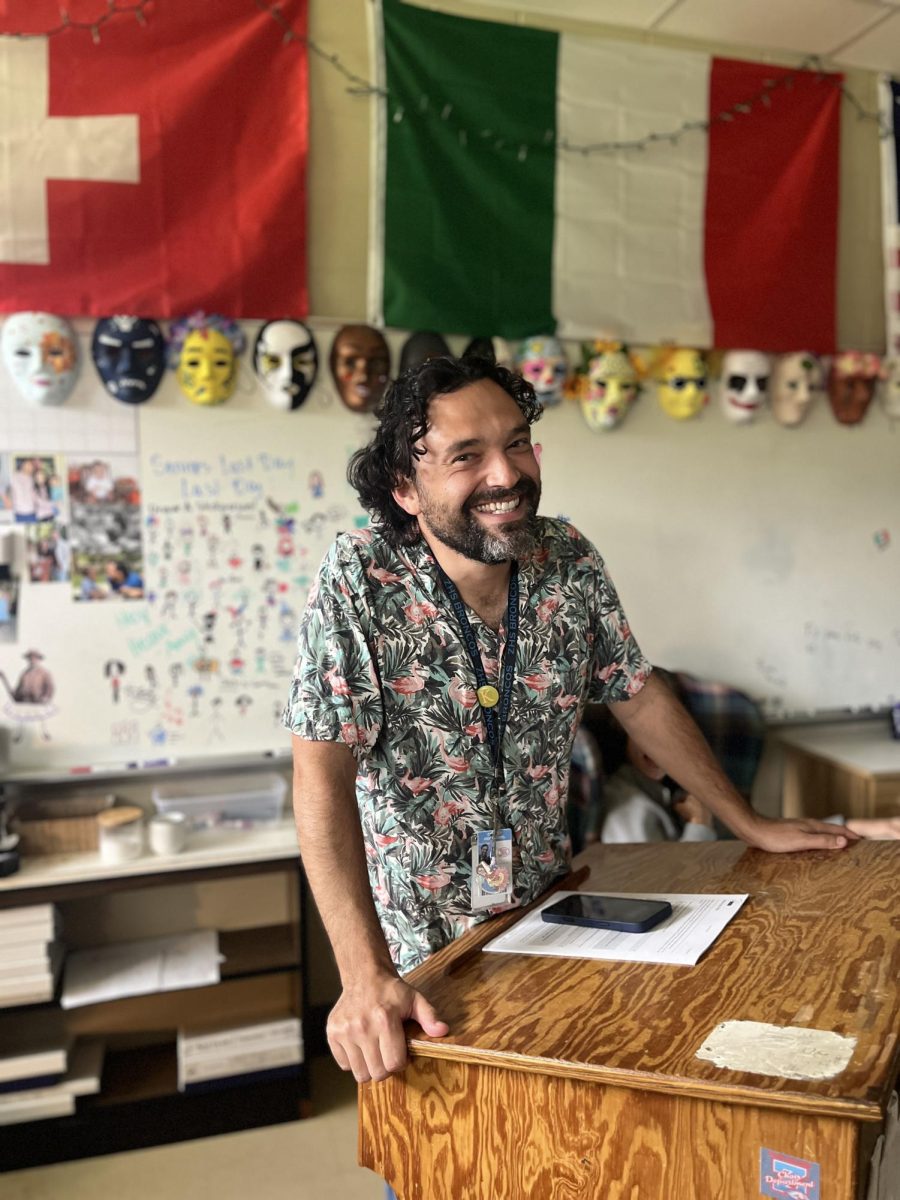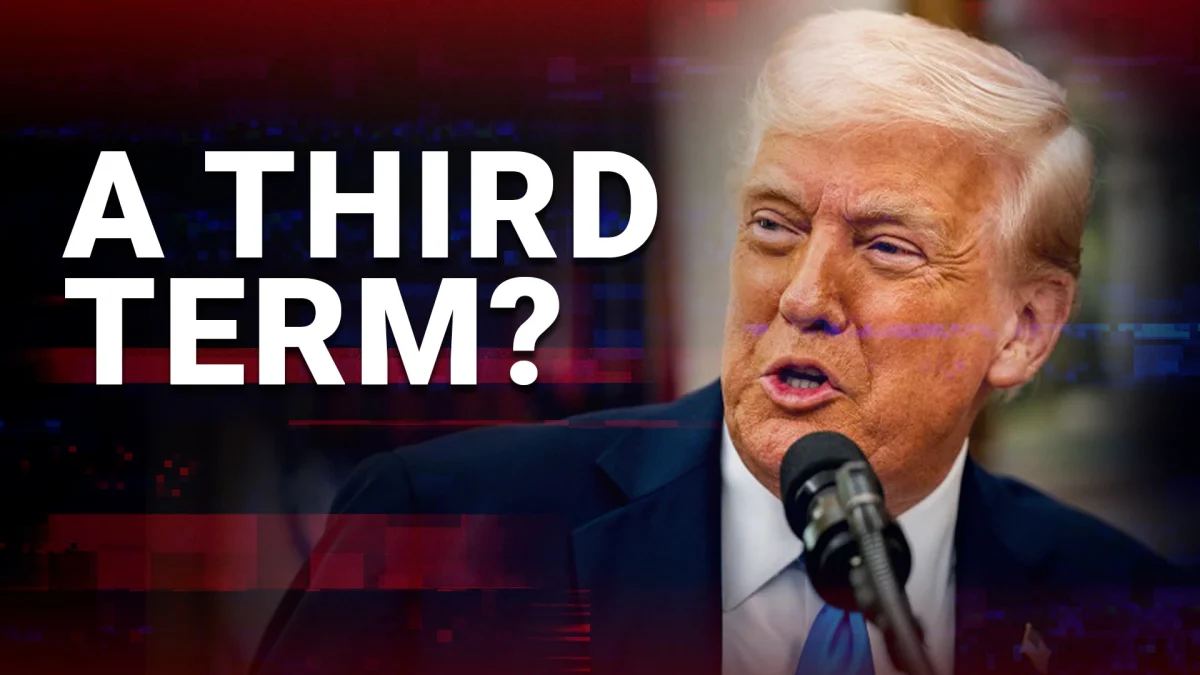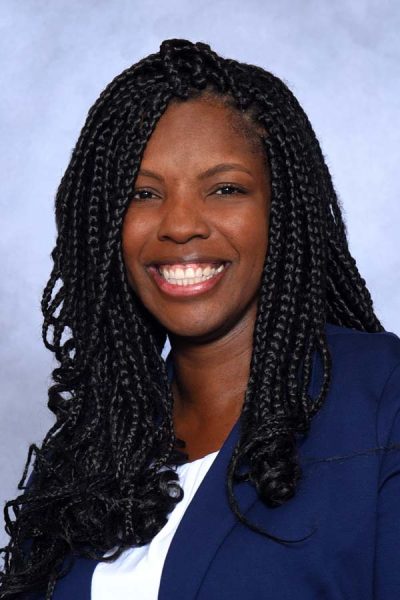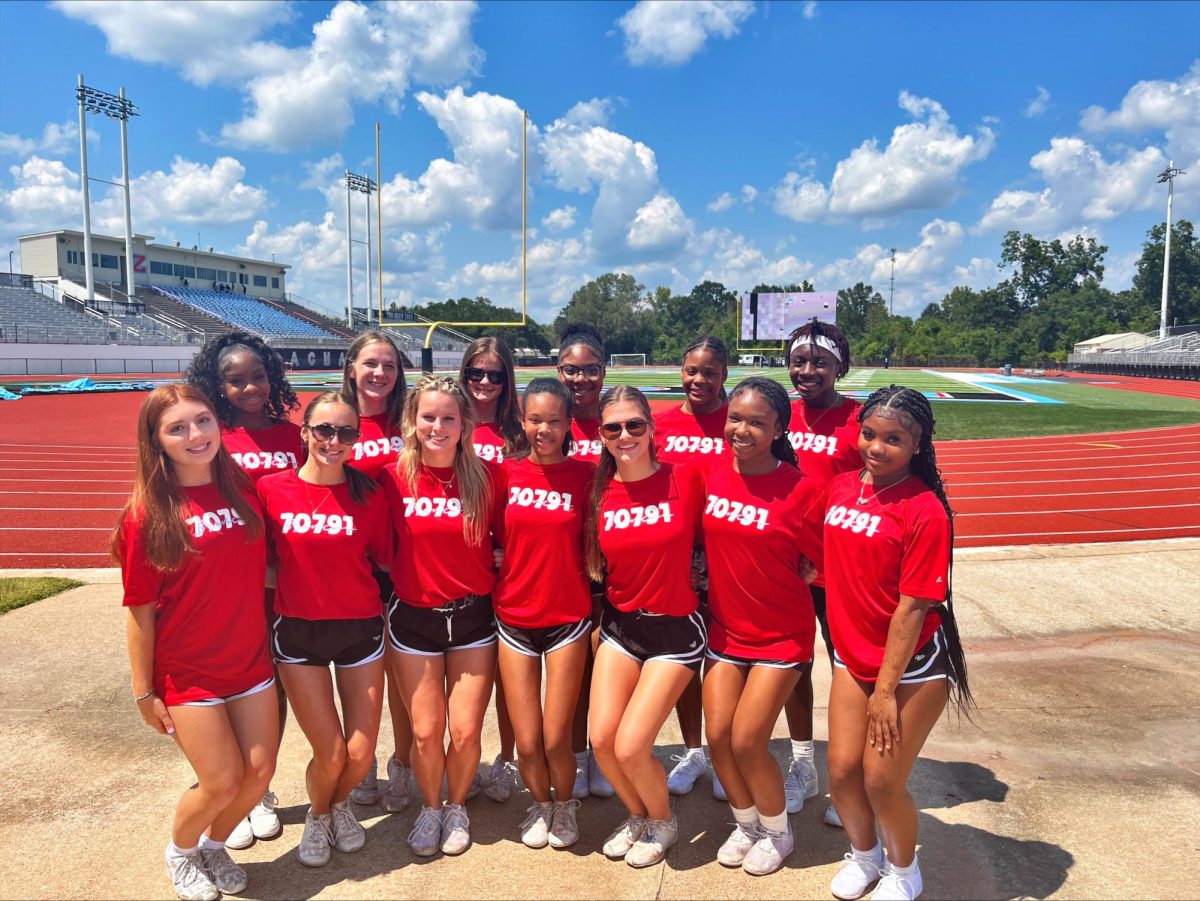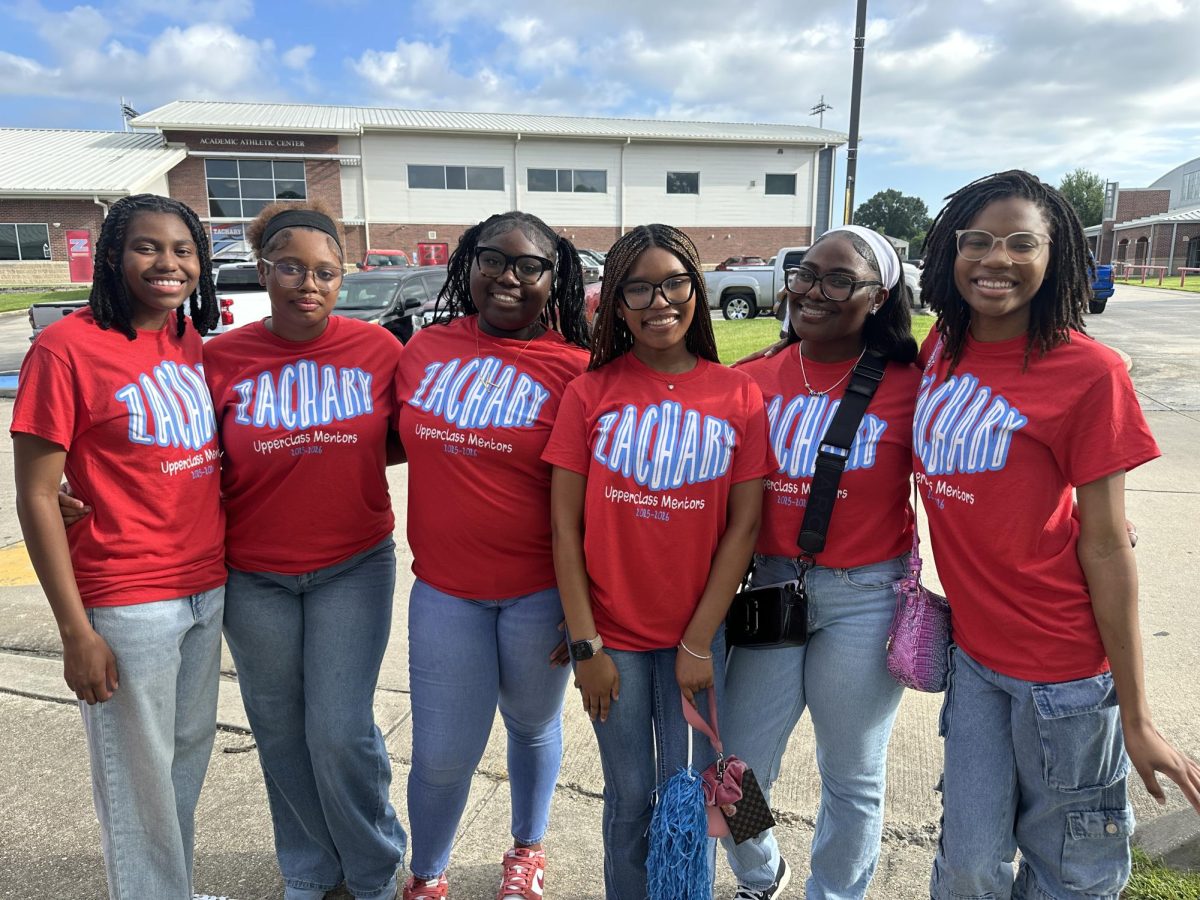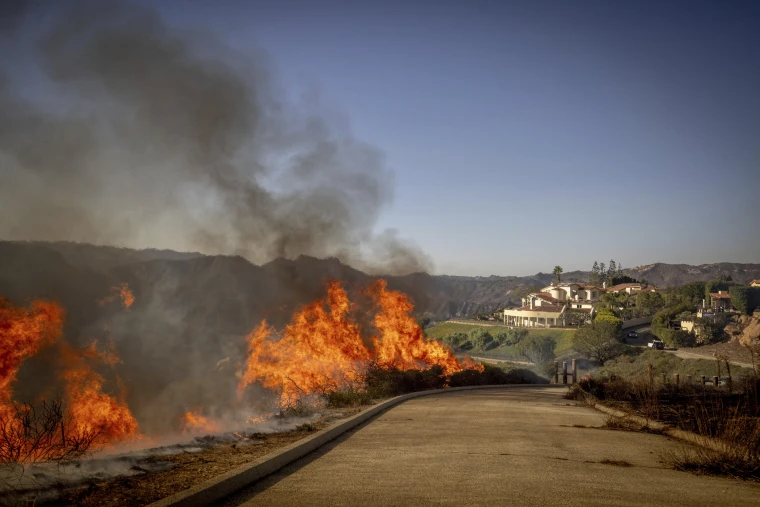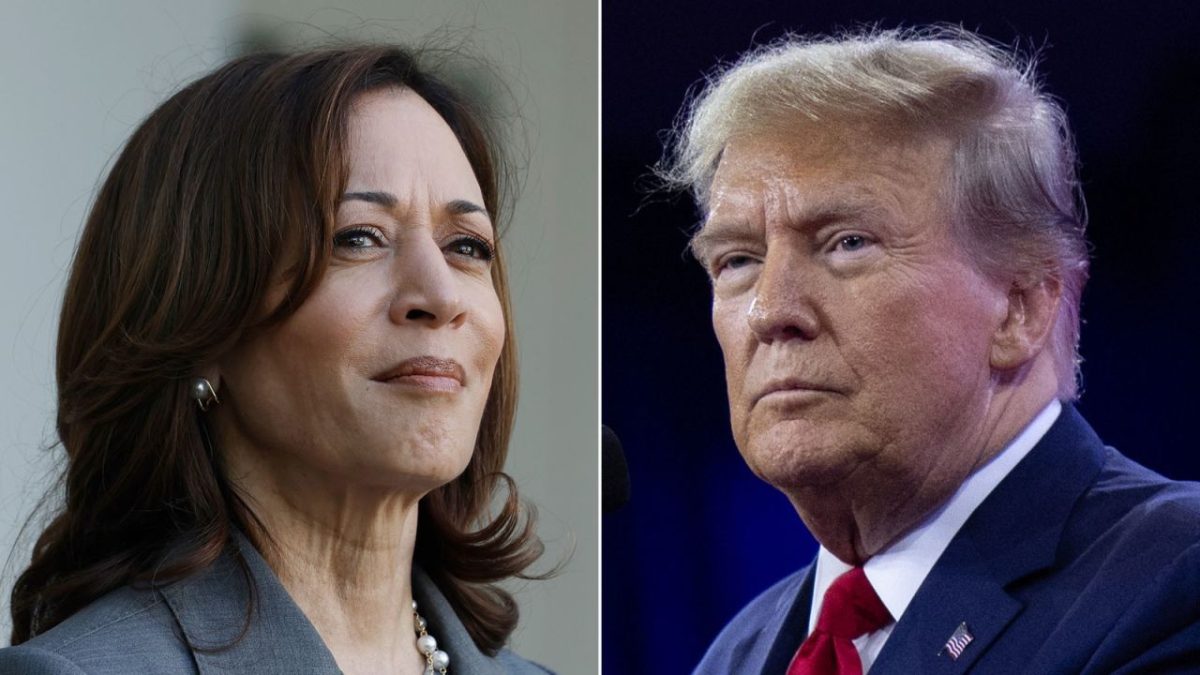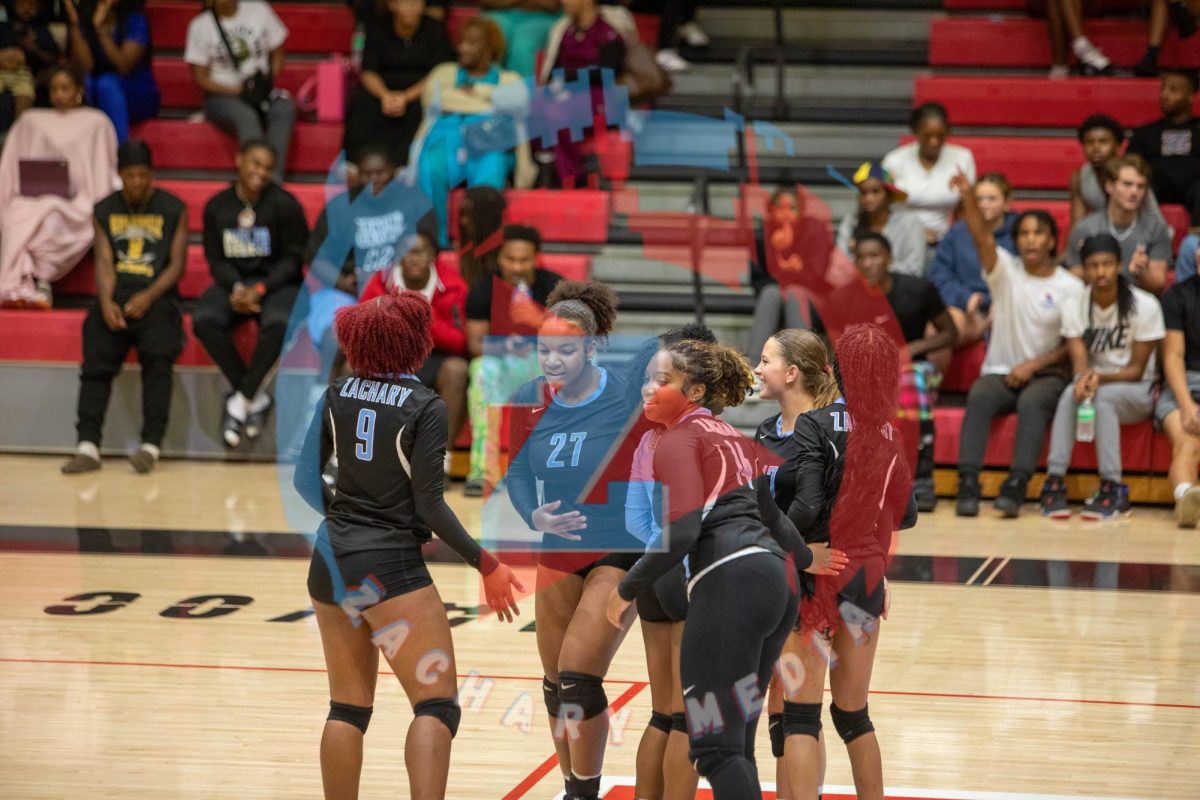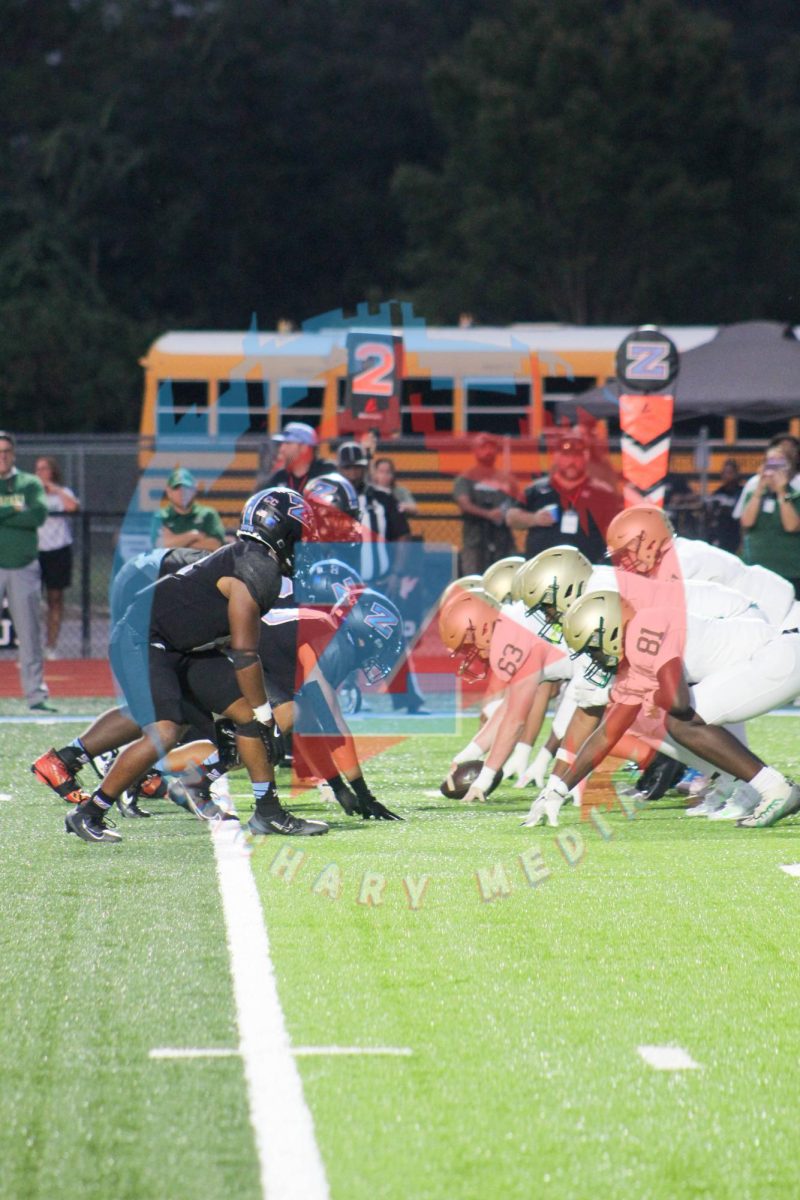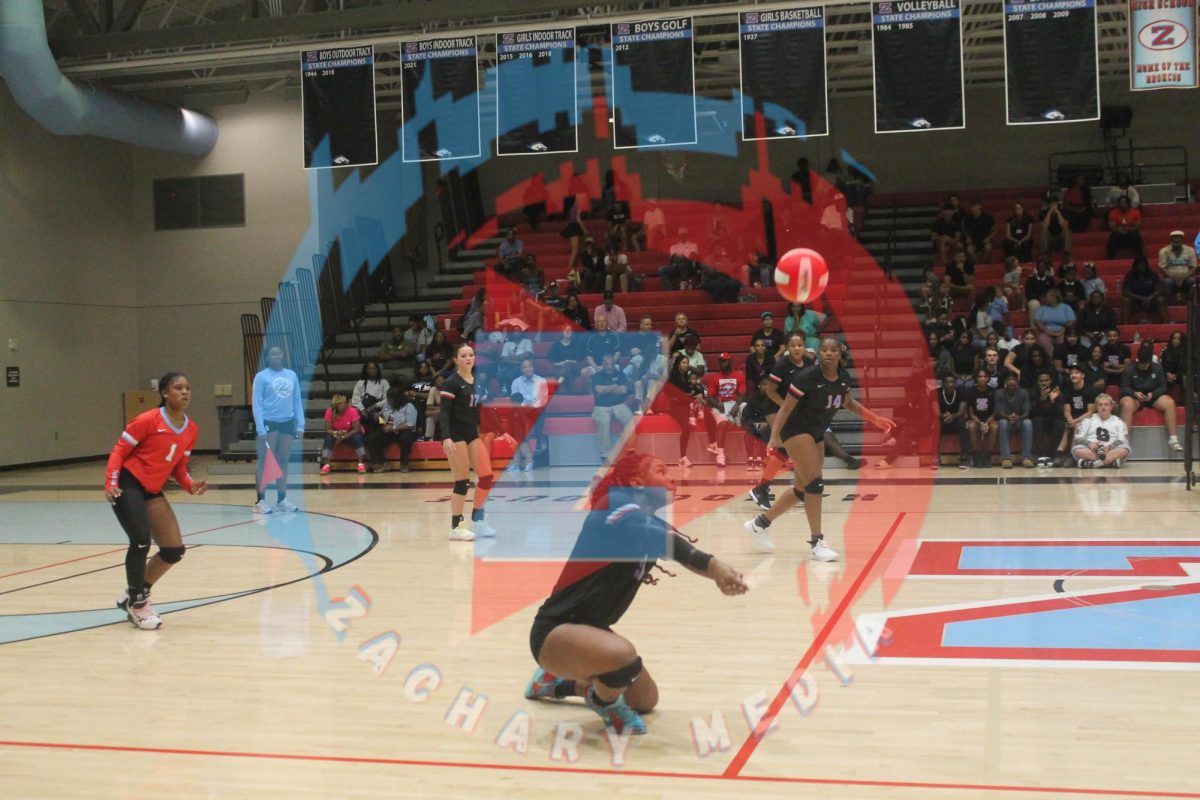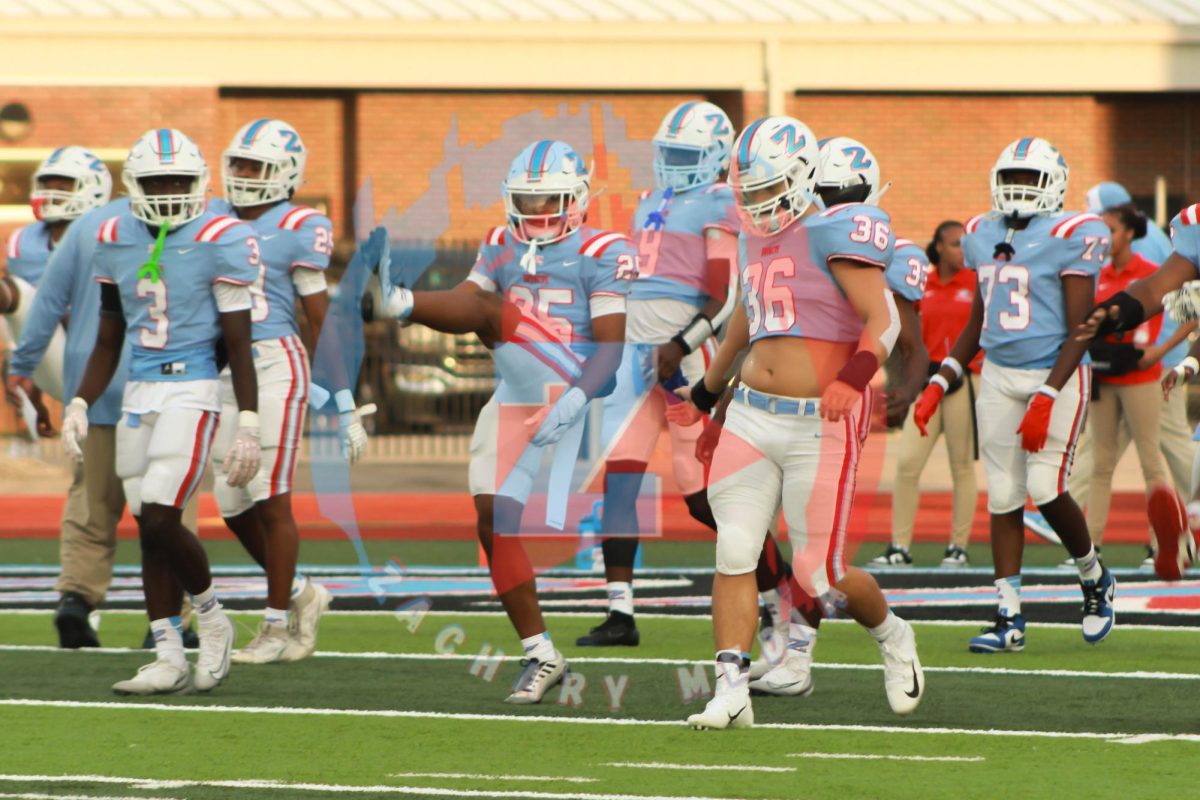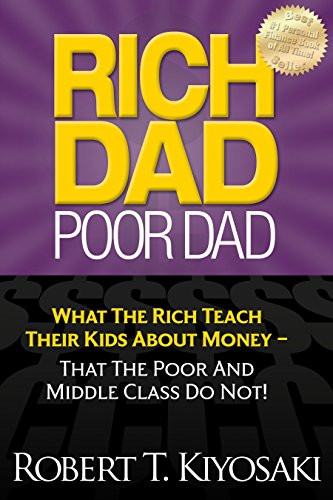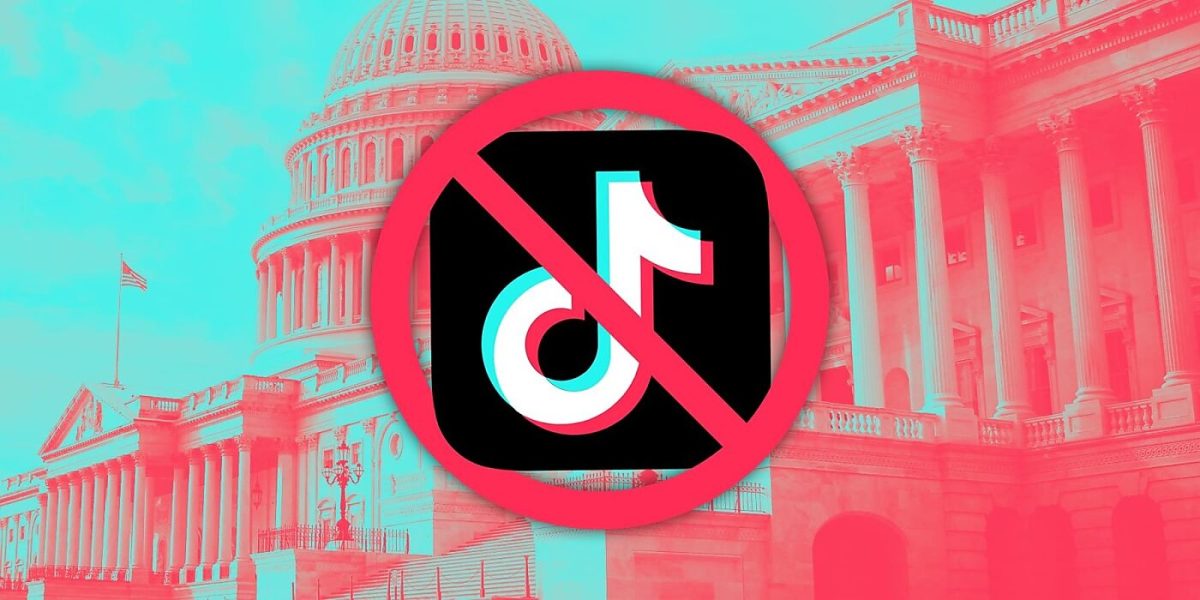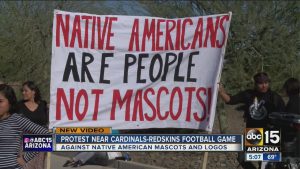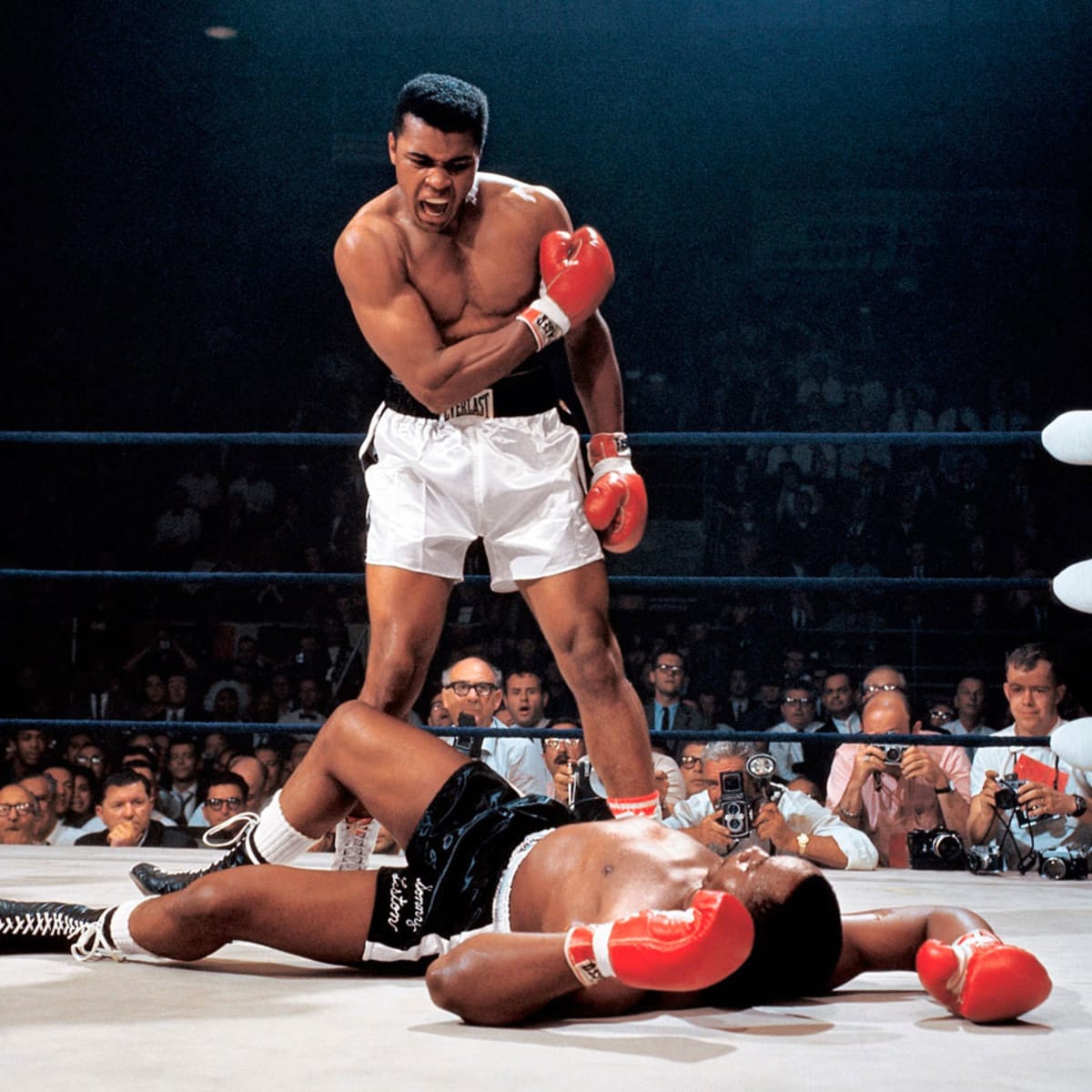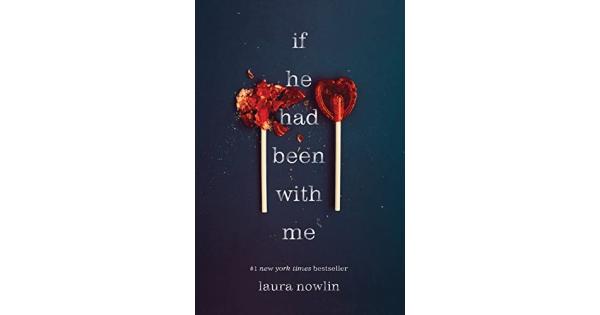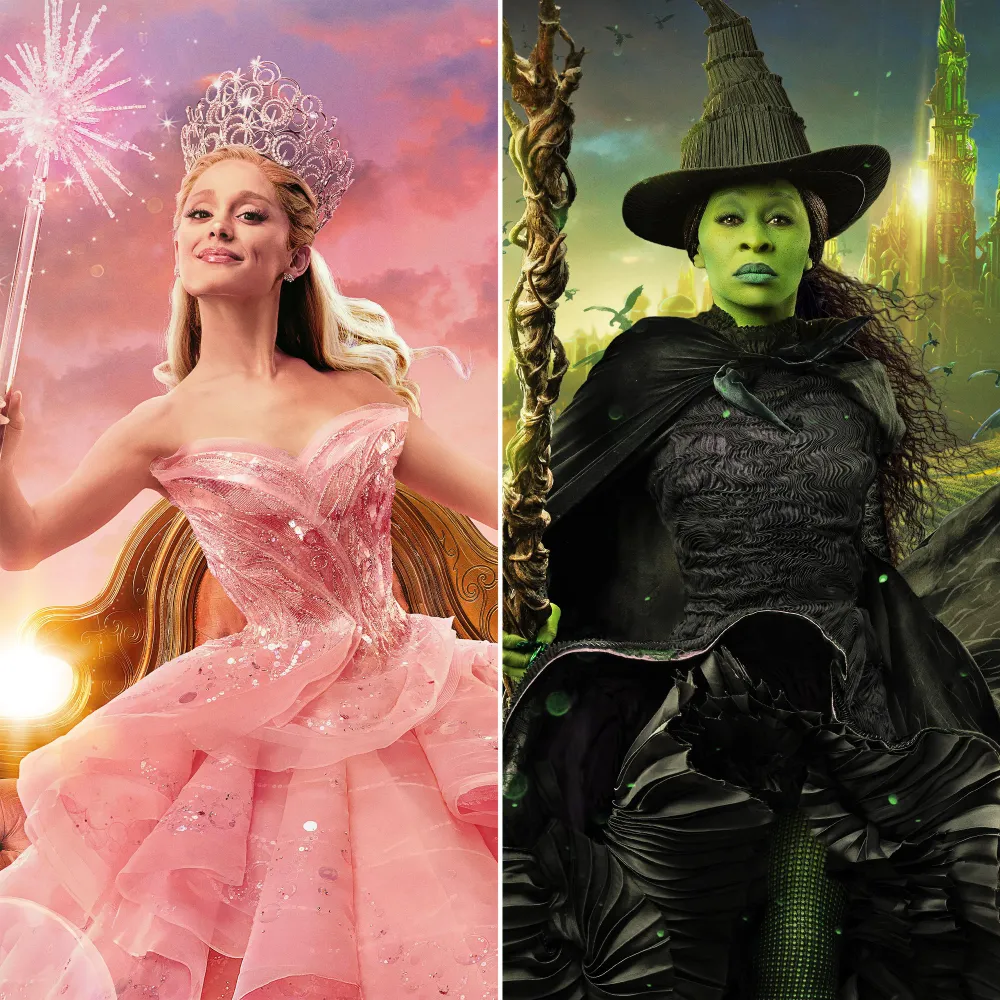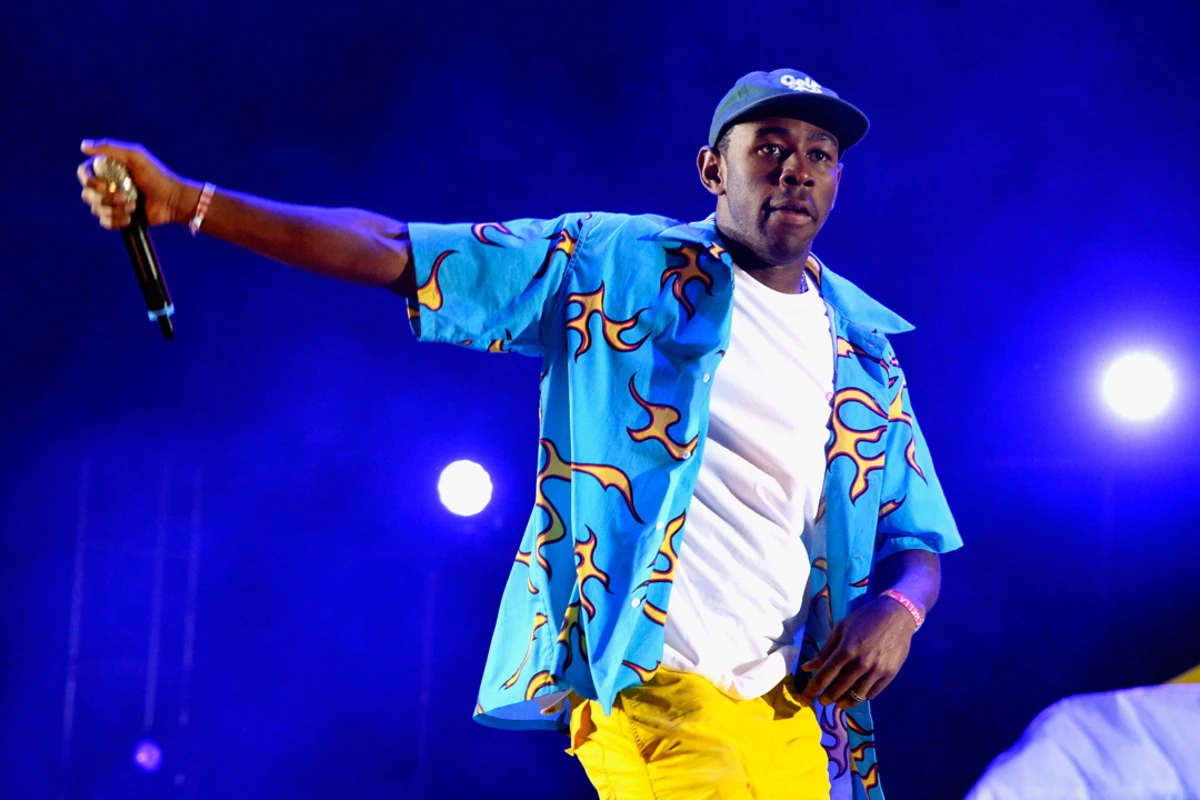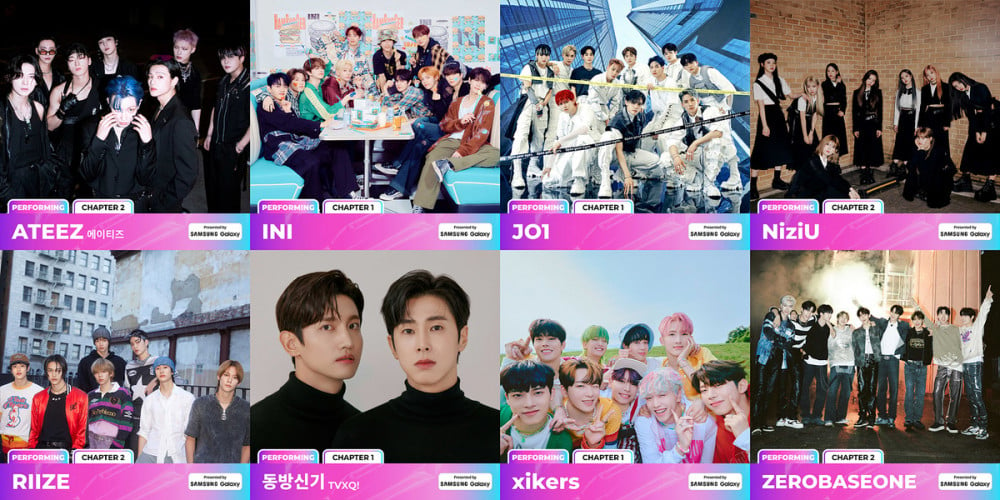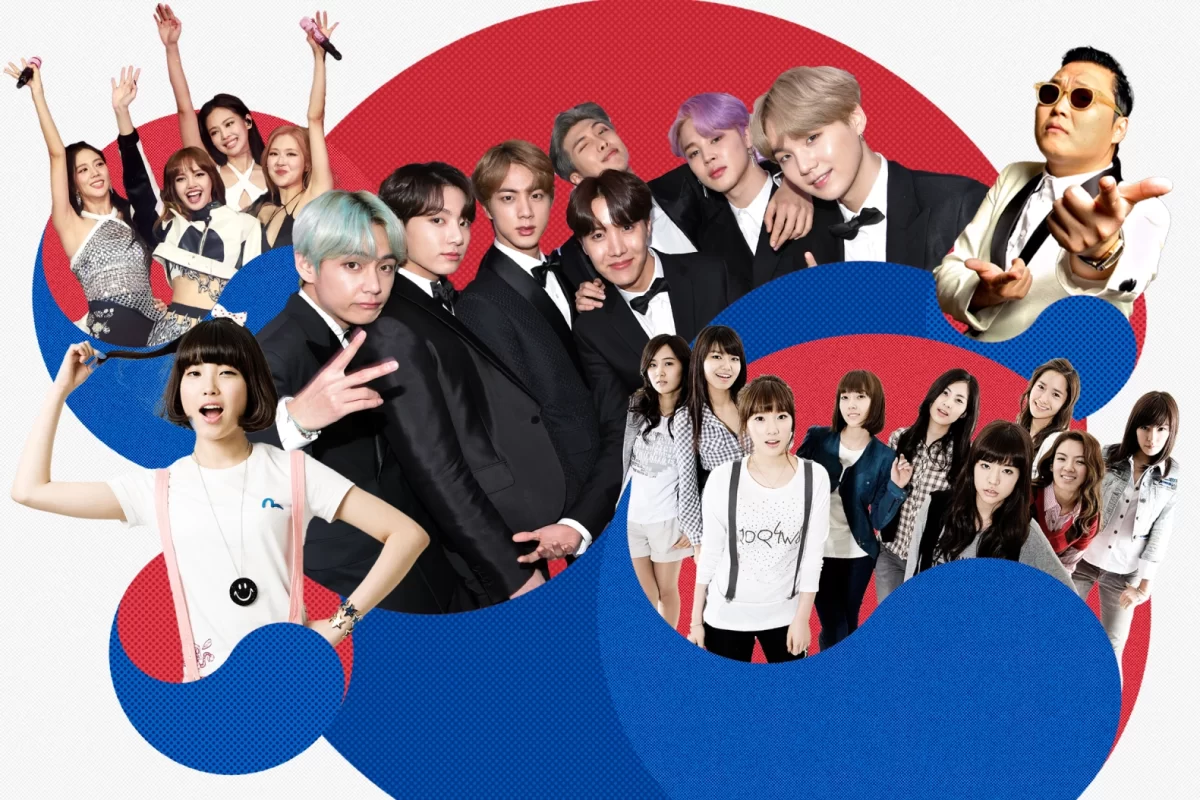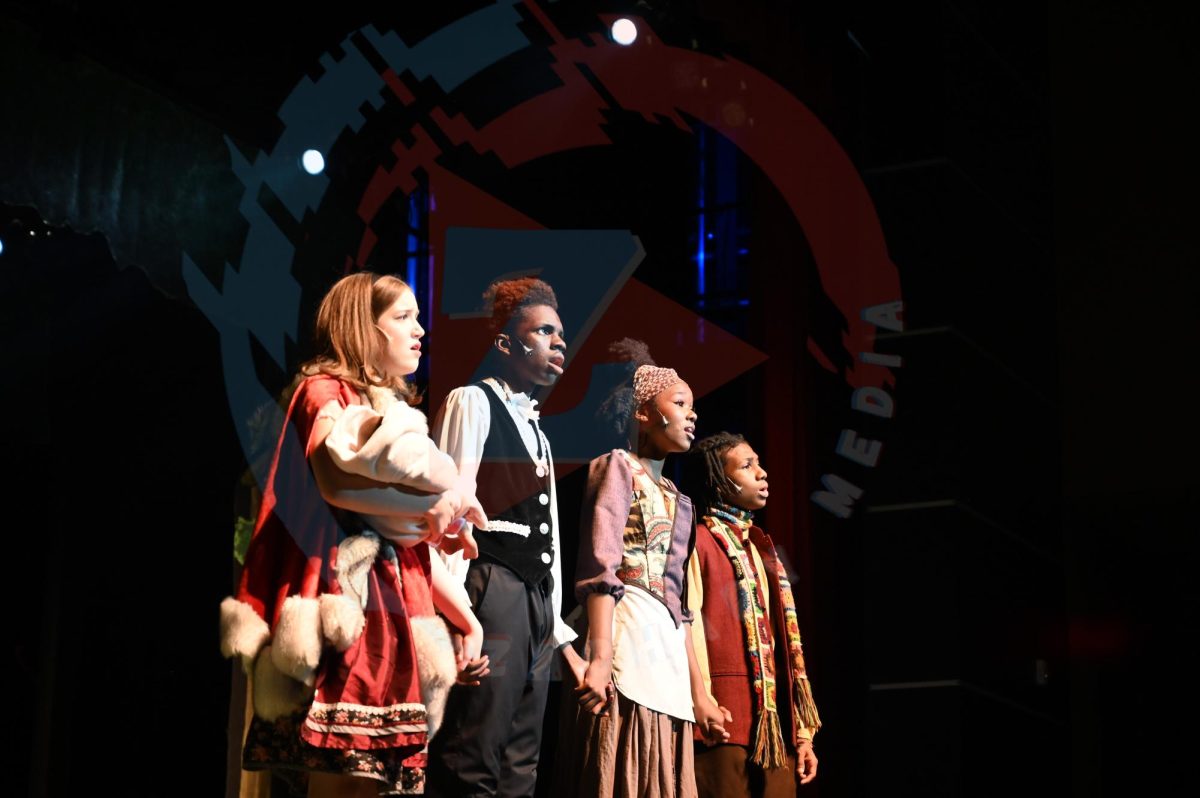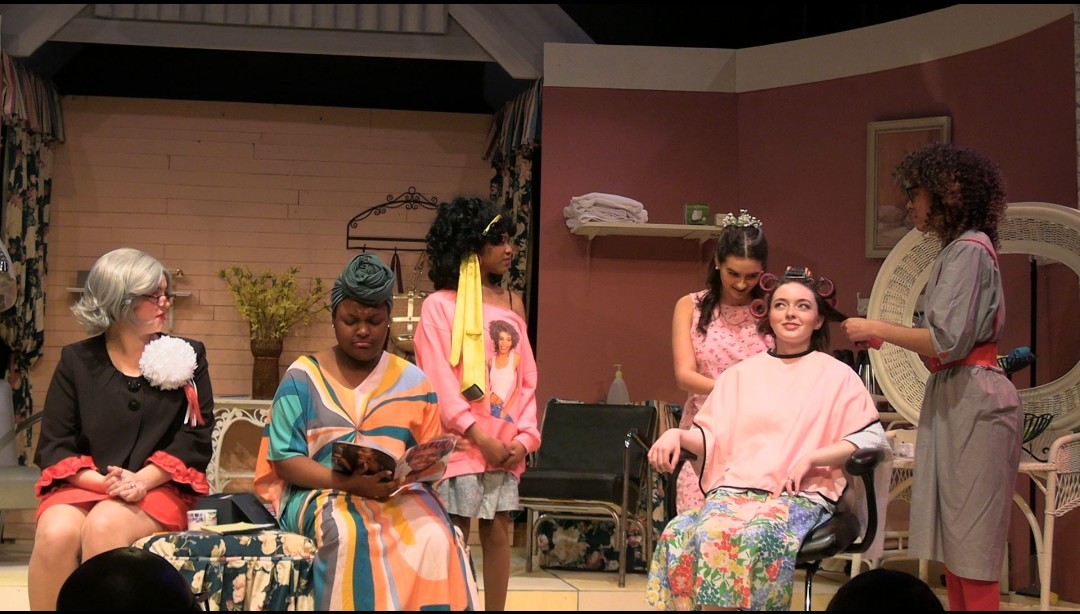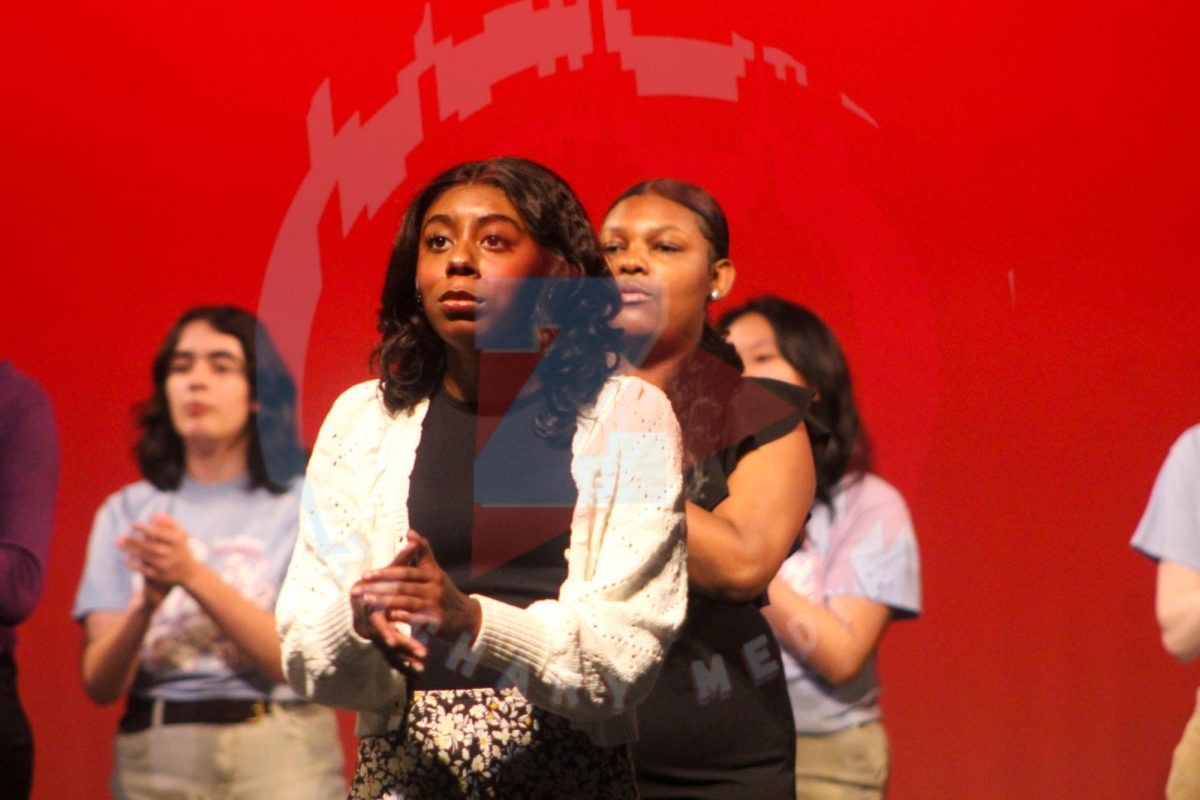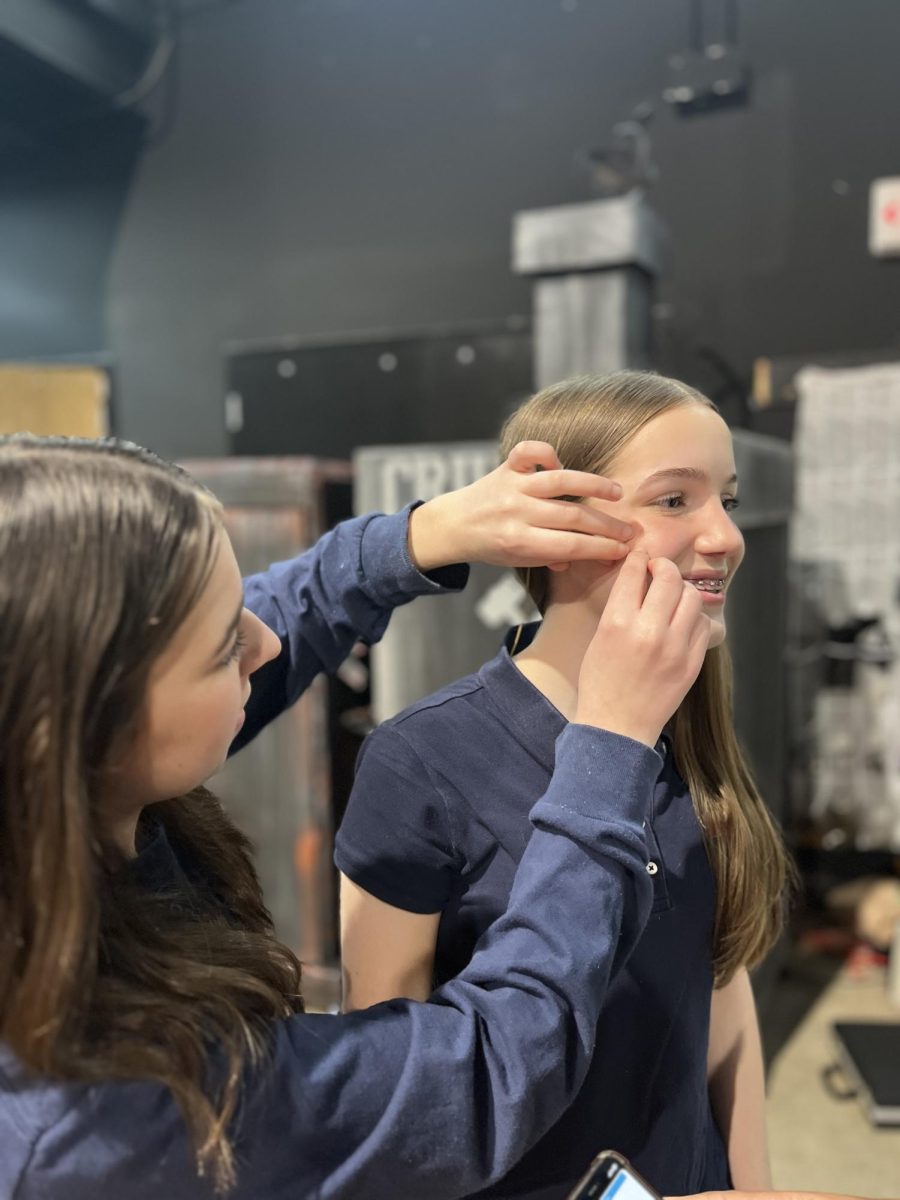What is Kwanzaa?
December 16, 2022
Kwanzaa, cherished amongst African- Americans, celebrates family and unity. Though, many are unaware of the history of this treasured holiday.
Heri za Kwanzaa! Or “Happy Kwanzaa” in English. Kwanzaa roots in African traditions, including Swahili, one of the most spoken languages in Africa. The name “Kwanzaa” derives from the phrase “matunda ya kwanza” which means “first fruits.” Each family celebrates Kwanzaa in its own way, but past celebrations often include songs, dances, African drums, storytelling, poetry reading, and a large traditional meal. Today, many families share a meal while lighting the Kinara. Kwanzaa is primarily celebrated in Caribbean countries like Jamaica and the Bahamas, though many African American households celebrate it in America.
Created by Dr. Maulana Karenga in 1966, he sought a way to unite African Americans in the wake of the Watts Riots in Los Angeles, California. The Watts Riots were an extensive series of riots that broke out on August 11, 1965, in predominantly black neighborhoods in Los Angeles. The Watts Riots lasted for six days resulting in 34 casualties and 1,032 injuries.
Dr. Karenga founded “US,” a cultural organization, and started to research African “first fruit” (harvest) celebrations. He combined Ashanti and Zulu tribal traditions to form the basis of the week-long holiday. The central aspect of Kwanzaa is the foundation of the seven principles: Mazao, Mkeka, Vibunzi, Mishumaa Saba, Kinara, Kikombe Cha Umoja, and Zawadi.
“Mazao,” or crops, symbolizes hard work and the basis of the holiday; “Mkeka,” or placemats, symbolize the historical and traditional foundation on us to stand on and build our lives. “Vibunzi,”or ear of corn, represents fertility and symbolizes the reproduction of children and the future hopes of the family. “Mishumaa Saba,” the seven candles,are ceremonial objects with two primary purposes: to re-create the sun’s power symbolically and to provide light. “Kikombe Cha Umoja,” the unity cup,is used to perform the libation ritual, a ceremony that memorizes deceased loved ones, on the sixth day of Kwanzaa. Lastly, Zawadi, or gifts, is given to celebrate “Imani,” or faith, on the seventh day of Kwanzaa; meaningful Zawadis encourage growth, self-determination, achievement, and success.
Kwanzaa promotes unity, hard work, and efforts for equality for all African Americans. The week-long holiday remembers loved ones and spreads the knowledge of Kwanzaa to future generations.
History.com, Editors (2022, December 8). Kwanzaa. Unpacked. Retrieved on December 13, 2022, from,
https://www.history.com/topics/holidays/kwanzaa-history

